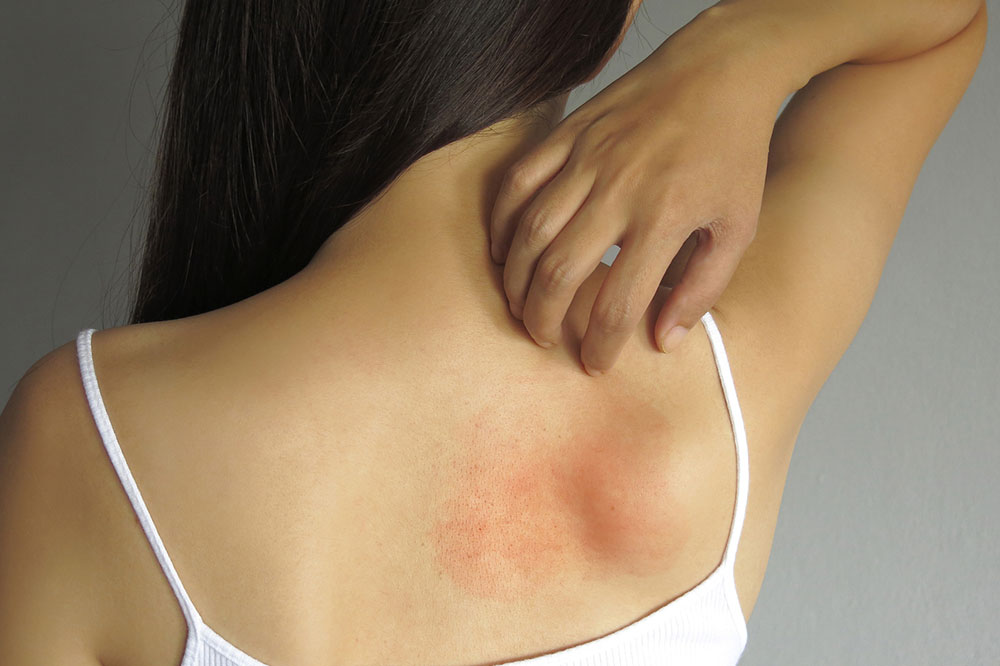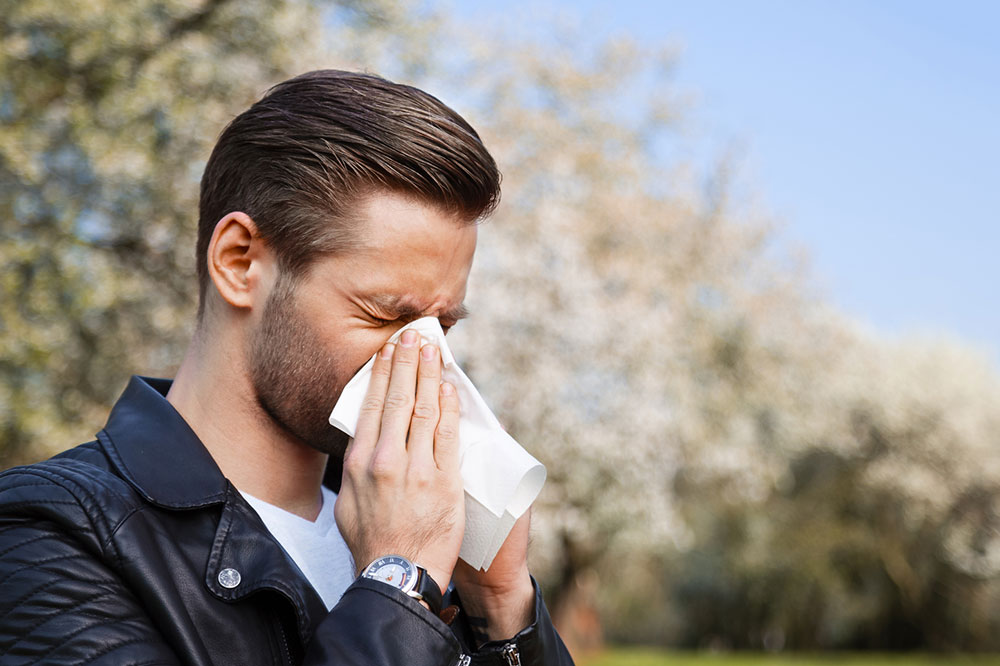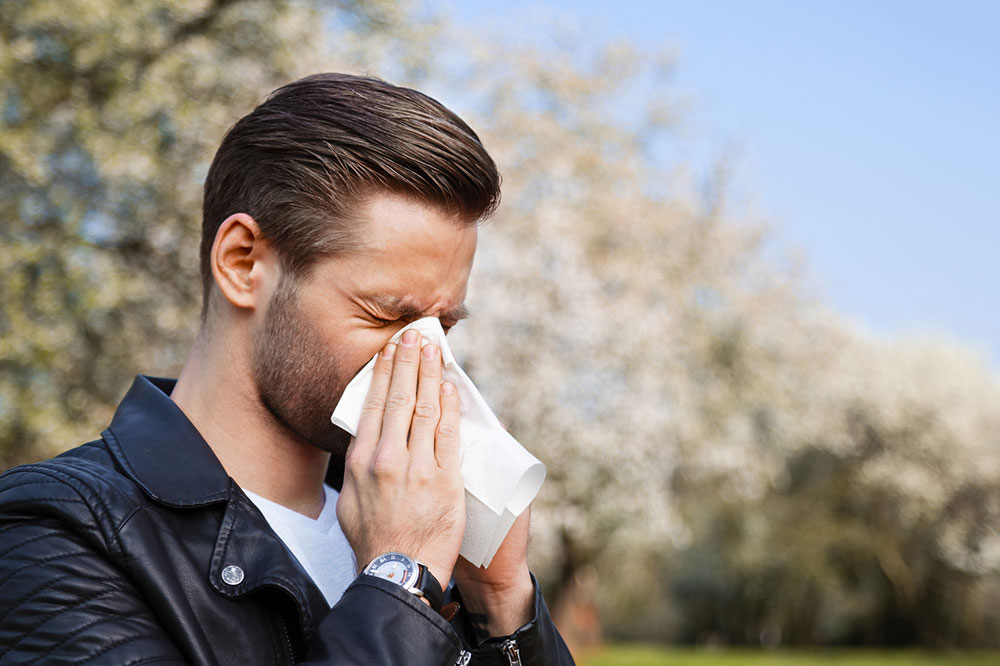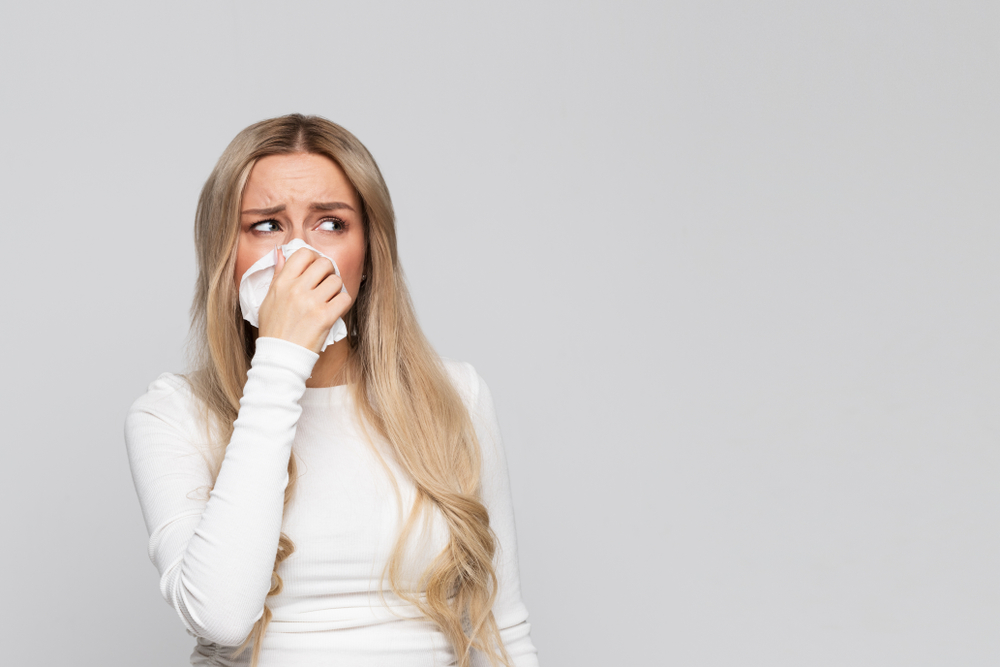Key Insights into Allergies and Practical Approaches to Relief
This article provides essential insights into allergies, including causes, common triggers, and effective management strategies. It covers allergy types, symptoms, prevention techniques, treatment options, and ways to reduce exposure to common allergens. Learn how to identify triggers and adopt lifestyle modifications to improve allergy symptoms and overall well-being.

Key Insights into Allergies and Practical Approaches to Relief
Allergic reactions occur when your immune system wrongly identifies harmless substances as threats. Common allergens include foods, pet dander, pollen, mold, and certain medications. While our immune defenses protect us from harm, they can sometimes overreact, leading to symptoms like sneezing, itchy skin, and nasal congestion.
Overview
Atopy is the tendency to develop allergies. When exposed to triggers like pollen, dust mites, pet dander, certain foods, or molds, the immune system overreacts, producing antibodies that cause allergy symptoms. In the U.S., about 10-30% of people have allergies, with nasal allergies affecting roughly 20% of Americans.
Asthma often links to allergies, affecting over 25 million Americans and incurring an annual cost of about $50 billion for healthcare and productivity loss. Food allergies impact roughly 8% of children and 5% of adults. Allergic responses involve IgE antibody production and immune cell activation, which lead to inflammation and symptoms. Severe reactions like anaphylaxis may cause breathing problems, swelling, and even loss of consciousness, requiring urgent medical care.
Managing allergies involves avoiding triggers when possible. Strategies include following elimination diets, checking ingredient labels, and steering clear of seasonal allergens. Using air purifiers, cleaning frequently, and avoiding fragrances can reduce airborne irritants. Allergy testing helps identify specific triggers for personalized treatment plans.
Treatment options include antihistamines, corticosteroids, immunotherapy (injections or sublingual tablets), and emergency epinephrine for severe cases. Lifestyle changes and trigger avoidance are critical. Natural remedies like saline washes and maintaining a clean environment can ease symptoms, especially for sinus and airborne allergies.
Common allergens include dust mites, pet dander, insect stings, and mold. Using allergen-proof covers, washing bedding regularly, reducing indoor humidity, and limiting pet contact can lower exposure. For insect allergies, staying away from stinging insects and carrying emergency meds are recommended. Proper management of these triggers can significantly enhance quality of life for allergy sufferers.


